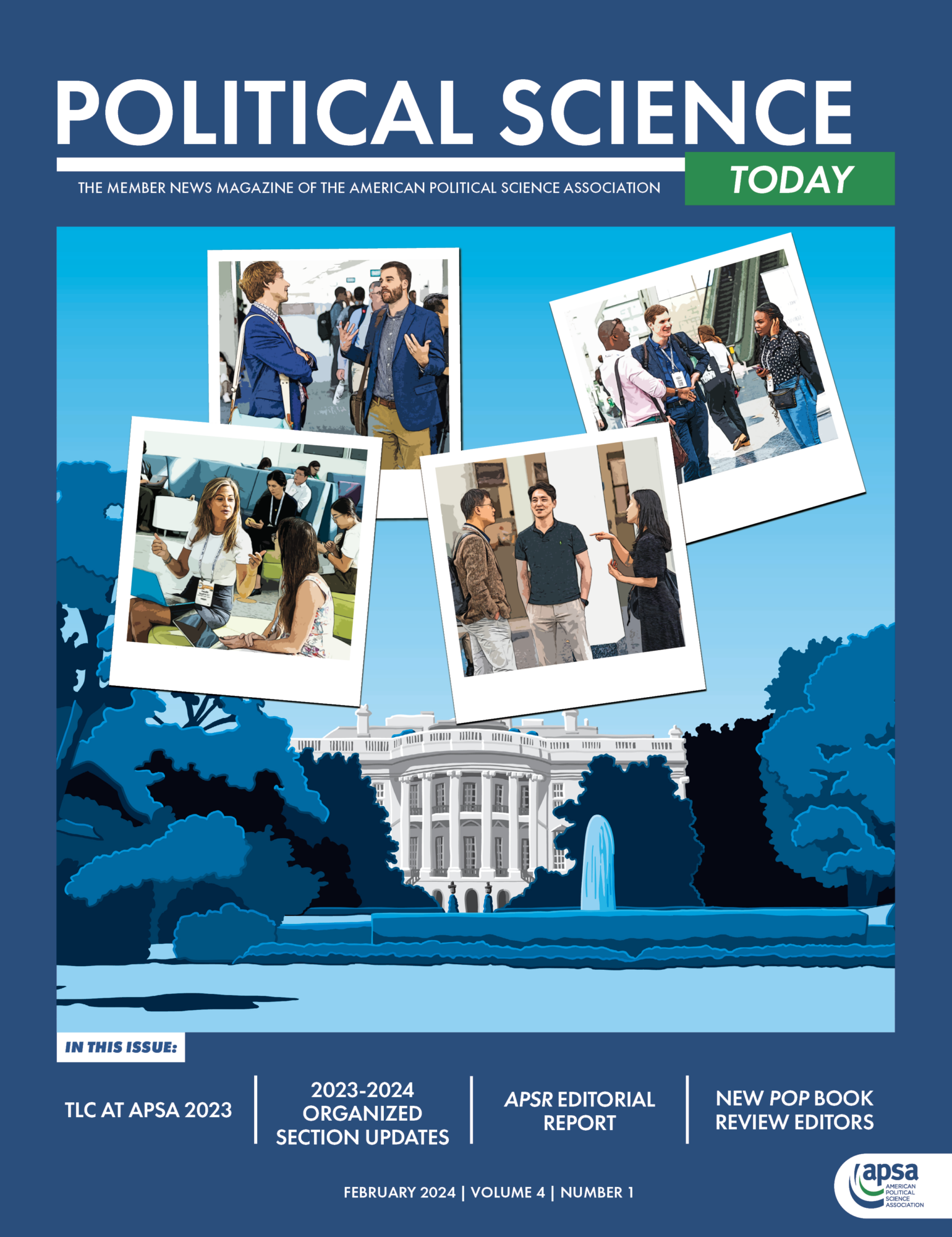Linda Hasunuma, Center for the Advancement of Teaching, Temple University
Our Purpose
Students who feel like they belong learn better and have better outcomes in higher education. It can influence which major they choose and even their decision to stay in college. Across the US, the number of Asian American students is increasing and this community is the fastest growing ethnic population. As we see more Asian Pacific American (APA) students in our classrooms and in light of the growing anti-Asian bias and violence this community has experienced since the pandemic began, what can you do to create a more inclusive learning environment and course? How can including more APA histories, contributions, and examples help your students not only see themselves in your course, but recognize and value the complexity and humanity of this community in how we teach and learn about politics?
Political Science educators who are not already doing so can be more intentional about integrating APA histories and experiences in their courses and the curriculum. Including the multifaced ways in which Asian Pacific Americans participate and have participated in America’s political and economic development, we have the power to do something to combat persistent and racist stereotypes and mis/disinformation that have had dangerous consequences for members of this community throughout American history and in the present moment. There is a profound lack of awareness of the long history of APA in this country, and the classroom is one of the most important places we can actively challenge racist misrepresentations and the ongoing bias and violence against this community.
If we seek to promote a shared humanity as political science educators, who gets included, whose stories are told? Whose experiences are shared in your classroom when examining issues related to citizenship, migration, representation, justice, and race and ethnic politics? We have the power to do something about the racism this community continues to experience by including their histories of migration, activism, leadership, and service to this country. A deeper understanding of the APA community and experience in the US benefits all students as it can promote greater understanding and cultural competency skills which are necessary and valuable in our classrooms, the workplace, and throughout society.
This collection of resources with contributions from Michelle Deardorff (constitutional and legal resources), Julie Lee Merseth (Asian American activism), Linda Hasunuma (overview of resources for inclusive teaching), Pei-te Lien (special issue on Asian American politics), and Andrew Aoki (spreadsheet of relevant scholarship and resources) is only a beginning and we hope to grow it with more contributions, especially from our experts in Asian American politics. Our hope is that this will be a helpful starting point for any and all political science educators looking for ways to provide a more APA inclusive learning experience. We welcome and invite you to share your own resources, data, and scholarship so that we can have a robust collection of APA related teaching resources through APSA.





